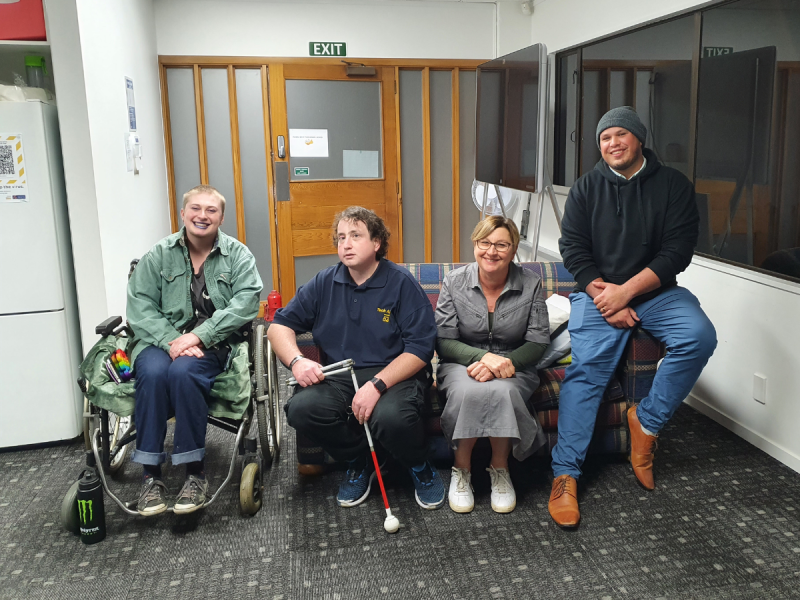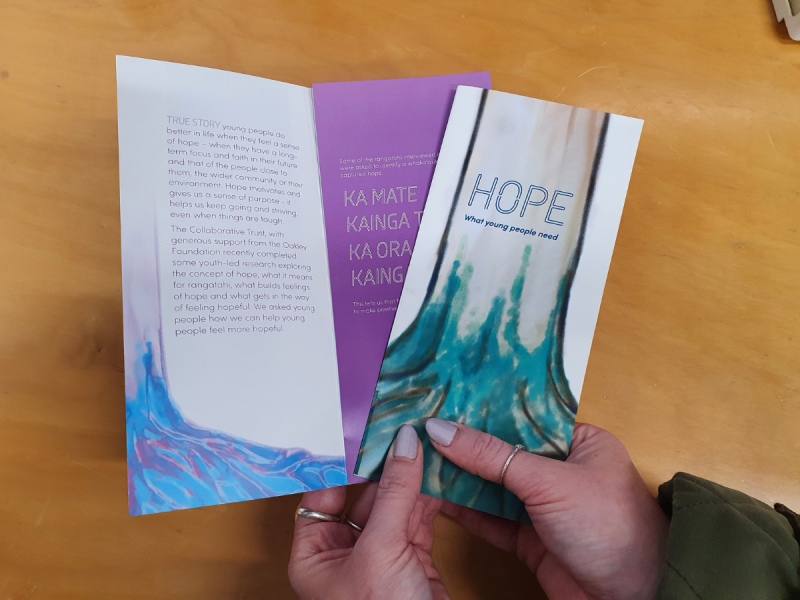Yesterday a hui was held at Christchurch’s 298 Youth Health to launch the results of the youth-led study. Using a peer research model, six rangatahi were selected to interview other young people in their community about hope.
For some, hope as a research concept may not initially be considered a tangible one.
However, the study’s researchers said it became clear there were a number of key similarities in participants' views on hope, both in the things that made them feel hopeless, and hopeful.
“We started out super vague, and as we went along with the interviewing process it was like, oh, there are definitely recurring themes that everybody’s saying,” said peer researcher Eliot Aster-Forrest.
“Housing, financial situations, poverty, family support, disability awareness, LGBTQ awareness… for us, these are things that we talk about all the time.”
The study’s lead researcher Sarah Wylie said the future focus was one of the strongest commonalities.
“[There was] this sense that it propels you forward, so there was an energy behind the word that seemed to come through from just about every young person that we talked to.”
Wylie said they were especially keen to hear from young people who don’t often get a voice. Over half of participants were Māori – others from the disability and LGBTQ communities.



